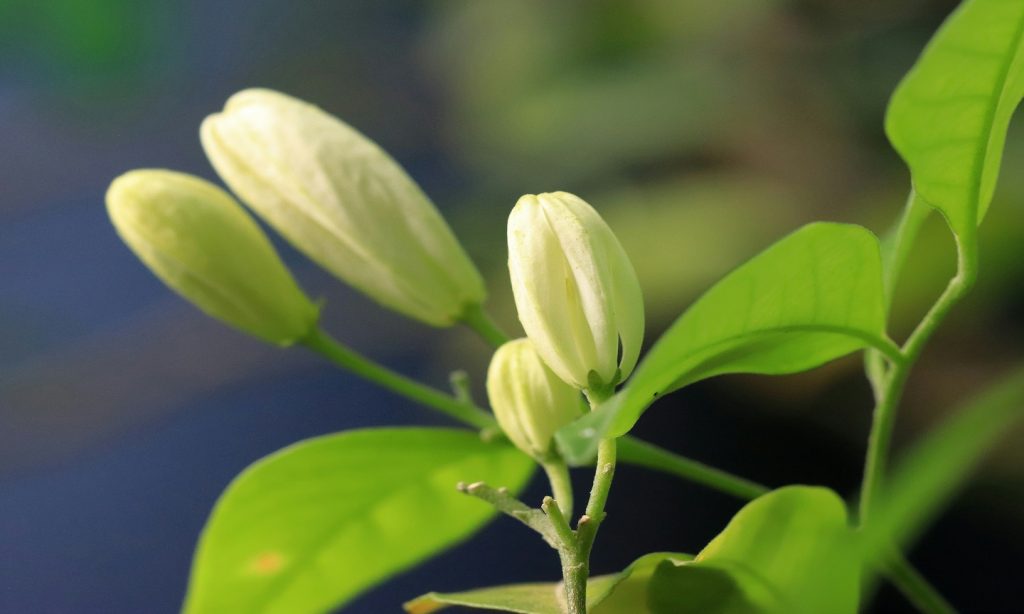Kusumabale, a novel written in 1984 by Kannada writer Devanooru Mahadeva, draws the world’s attention to the lived experiences of Karnataka’s Dalits. Unlike conventional narration, the novel avoids setting a linguistic standard that distances the characters’ language from the narrator’s. Instead, Mahadeva selects a regional dialect of Kannada—also spoken by most of the characters—as the novel’s narrative voice. His characters, in turn, express themselves in their own diverse dialects, all left untranslated into standard Kannada. The storyline is offered up front in a brief paragraph, ensuring that suspense isn’t the novel’s driving force. With this polyphony of voices, the novel resists any clear center or periphery, embracing a structure that Kannada critics hailed as avant-garde.
Mahadeva’s novel reminds us that in literature, the periphery often serves as the site of the avant-garde, the visionary, and the alternative. Literary history abounds with similar examples worldwide; one striking example is Namdev Dhasal’s radical Marathi poetry from 1970s Maharashtra. This suggests a divergence in how social sciences and literary discourses understand terms like “center” and “periphery.” In social science, the periphery often evokes images of inequality and marginalization. In literature, however, peripheries are vibrant sources of innovation, subverting the idea that value resides solely at the center.
In this special fiction section of The Bangalore Review, we present seven stories that not only speak from the periphery but also speak of it and to it. Three of these stories come from writers whose communities have faced historical marginalization, while the remaining four come from languages often overlooked. The Konkani, Bhojpuri, Deccani Musalmani, and Rajbangshi stories may, in translation, lose the flavour of their regional linguistic richness. Yet, it is crucial to listen to them and carve out space for such voices. The three Dalit stories—from Hindi, English, and Kannada—each, in its own way, points toward a new poetics. This is evident in the focus on empowerment in Nirdesh Singh’s story, the use of speculative elements as a strategy of rewriting in Gautam Vegda’s work, and the lyrical structure of Mogalli Ganesh’s mini-stories. Together, these stories suggest that by viewing the periphery as a source of the avant-garde, we can appreciate the unique poetics that marginalized modern Indian languages offer. Each of these seven stories touches on what might generally be seen as “peripheralization,” but their importance extends beyond their themes. They are voices reaching out to us—English-language readers—from experiential worlds that, even in the 21st century, remain on the periphery. More than anything, though, these stories are compelling emblems of their own cultures, vivid and insistent in their presence.
Kamalakar Bhat
Guest Editor
Writing From the Peripheries of Language
Guest Editor’s Bio
Kamalakar Bhat is a Professor and Head of the Postgraduate Department of English and Research Centre at Ahmednagar College in Maharashtra. A bilingual writer and a translator between English, Hindi, Marathi, and Kannada, he has published three poetry collections in Kannada: Churuparu Reshime (Silk Shreds, PUTINA Award, 2006), Mugiyada Madhyahna (Endless Noon, 2010), and Jagadajate Matukate (A Chat with the World, 2017). He has published three collections of translated verse in Kannada. He has edited three English books, including an anthology featuring international poets, and his translations have appeared in journals such as Indian Literature, Muse India, Ceasura, The Bombay Literary Magazine, Indian Cultural Forum, Outlook, Guftagu, The Wheel Wagon, and Prologue. In Kannada, he has written columns for Andolana, Kendasampige, and Eedina.com. His research papers have been published in esteemed national and international journals. Recognized for his creative contributions, Bhat has received the PUTINA Award (2006) and the BH Shridhar Award (2023). His works have appeared in Indian Literature, Muse India, AGNI, Outlook, Anam, TheWire.in, Scroll.in, Kitaab.org, The Bengaluru Review, and Seminar.








